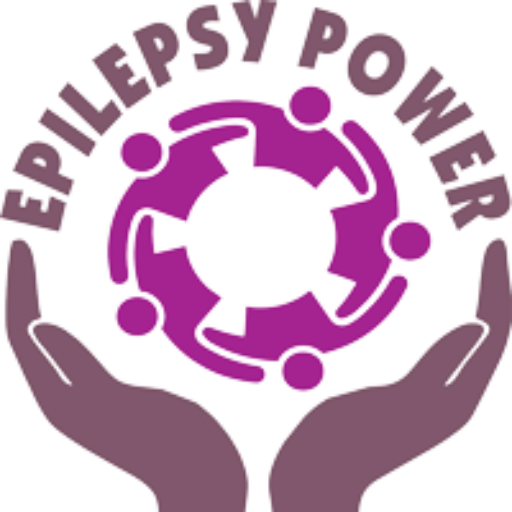- Introduction
- Section 1: Obstacles to better professional integration for people with disabilities, particularly epilepsy
- Section 2: The international legal framework
- Section 3: The european legal framework
- Section 4: Equal opportunity rights in Italy
- Section 5: Equal opportunity rights in Bulgaria
- Section 6: Equal opportunity rights in Ireland
- Section 7: Equal opportunity rights in Germany
- Section 8: Equal opportunity rights in France
- Section 9: Summary of key points concerning legislation to promote the professional integration of disabled people in Italy, Bulgaria, Ireland, Germany and France.
- Concluding remarks
- Quiz
Here is an overview of the main legal means and initiatives to promote the employment of people with disabilities:
The Disability Act (2005) requires public bodies to make their services accessible to people with disabilities. In terms of needs assessment, people with disabilities can request an assessment of their health and social service needs, including employment supports.
The Employment Equality Acts (1998-2015) are laws that prohibit direct and indirect discrimination on the grounds of disability in recruitment, working conditions, training, promotion, and termination of employment. Employers are required to take appropriate measures to adapt the workplace to the needs of disabled employees, unless this imposes a disproportionate burden on the employer.
A number of initiatives and support programs also aim to improve the professional integration of people with disabilities, such as :
Reasonable Accommodation Fund: this fund helps employers cover the costs of reasonable accommodation needed to enable disabled people to access and maintain employment.
The Wage Subsidy Scheme (WSS) is a program that provides wage subsidies to employers who hire disabled workers. It aims to compensate for the perceived reduction in productivity associated with the worker’s disability.
The Disability Awareness Support Scheme funds disability awareness training for employers and colleagues of disabled workers, to promote an inclusive working environment.
Supported Employment Services offers services to help people with disabilities find and maintain employment. It includes job search assistance, work integration support and post-placement follow-up.
Although general disability and equality laws apply, proving that epilepsy is a disability can be difficult due to the nature of the condition and its heterogeneous presentations in affected people. Consequently, procedures/applications involving people with epilepsy are often examined on a case-by-case basis. Raising awareness of the impact of epilepsy in the workplace and in educational establishments is crucial.
Further information: National Disability Authority
